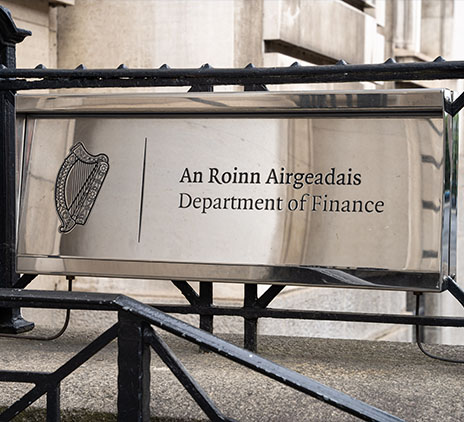Consulting
Digital Operational Resilience Act (DORA) Compliance: Key Regulatory Updates
Explore key updates from the ESA report on the Digital Operational Resilience Act (DORA), highlighting crucial changes for financial entities to ensure compliance by January 2025.


















